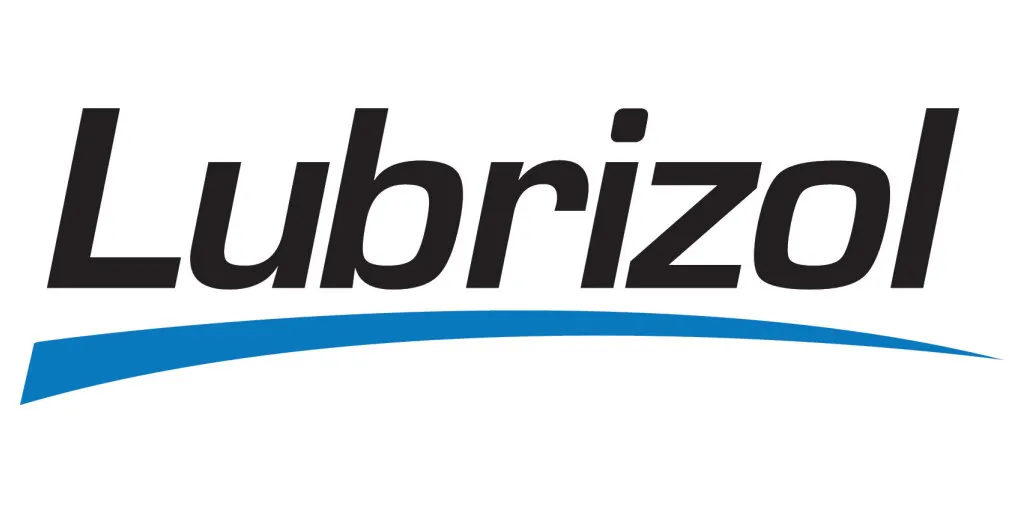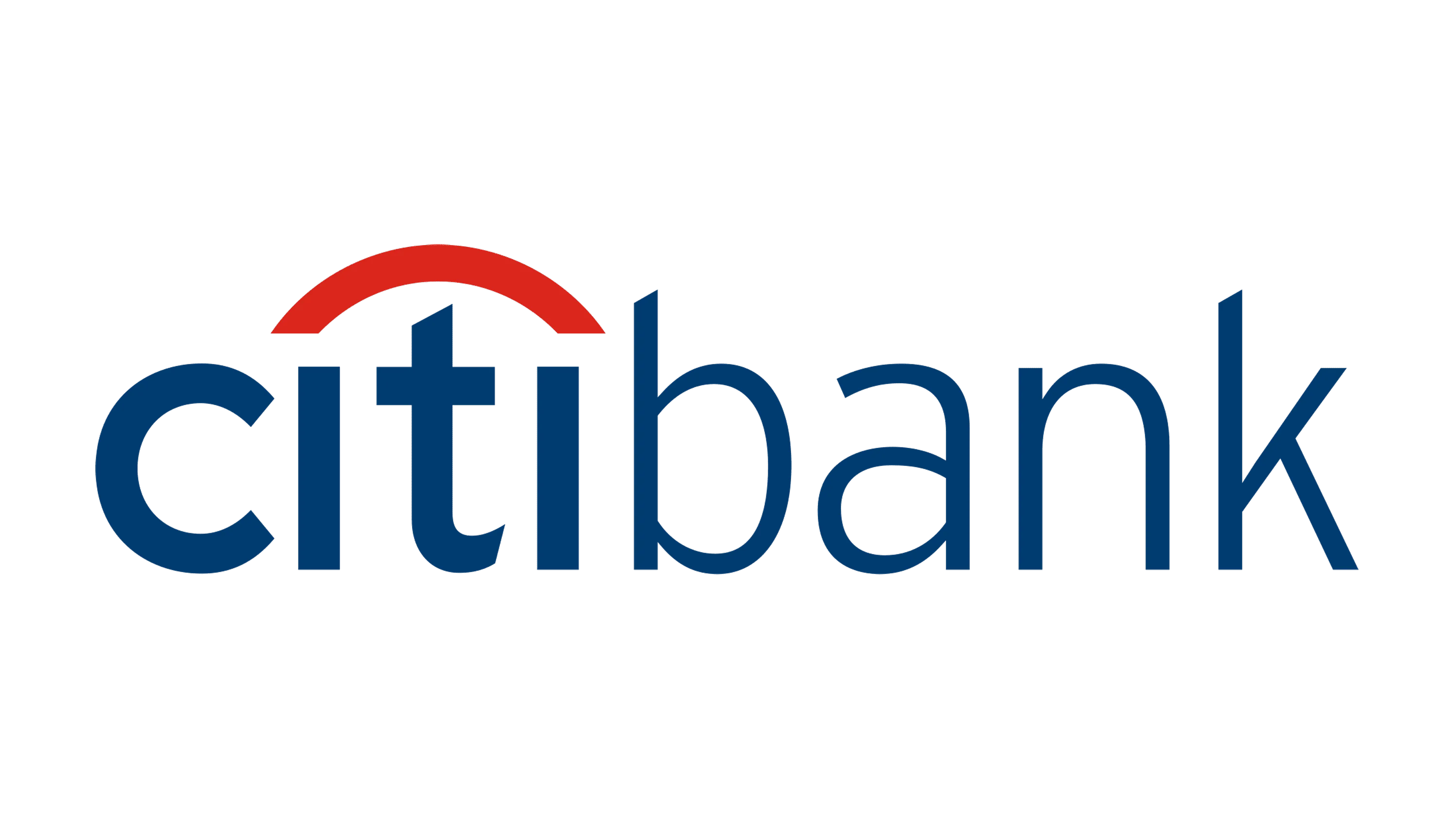| EC 3310 |
Empirical Methods I
This course is designed to prepare students to handle big data, run quantitative analyses of economic models using computers, interpret regression analysis, and perform several empirical analyses on their own using real-life data. Topics covered include linear regression models, simultaneous-equations models, panel data analysis, discrete choice models, among others. Offered: Fall only. Prerequisites: EC 2201, EC 2202, EC 2210, EC 3301, EC 3302. |
| EC 3311 |
Money & Banking
Money and credit; historical and institutional development of the U.S. financial system; monetary theory; policies of financial regulators. Prerequisite: EC 2201 and EC 2202. |
| EC 3312 |
Economics of the Public Sector
Theoretical and empirical analysis of public (government) expenditures and taxation. Topics include welfare economics, public goods, externalities, theories of distributive justice, income taxation, tax incidence, taxation and efficiency, and public choice theory. Prerequisite: EC 2201 and EC 2202. |
| EC 3315 |
Environmental Economics
Designed to acquaint students with analytical tools of environmental economics, including cost-benefit analysis, user charges, rationing of scarce resources, investment allocation criteria, and public expenditure criteria. Prerequisite: EC 201 and EC 202. |
| EC 3318 |
Applied Global Health Economics
Overview and analysis of health care systems around the world, including the US. Topics include the determinants of health disparities, new global health policies, global interventions, and how health care policies impact the political-economic environments. Students will examine how health economic principles and economic incentives are used to address sustainability issues to enhance healthier lifestyles and accessibility to quality health care, to impacts on the behavior of stakeholders in the healthcare industry. Through case studies, students will learn how to evaluate health programs and the impact of social and economic problems on public health. Prerequisite: EC 2201. Recommended prerequisite: EC 2202. |
| EC 3321 |
Labor & Human Resource Development
Examines the organization, functioning, and outcomes of labor markets; the decisions of prospective and present labor market participants; and public policies that relate to the employment and payment of labor resources. Topics include determination of wages, prices, profits; individual human capital acquisition and labor supply decisions; labor unions and collective bargaining; labor law and public policy. Prerequisite: EC 2201 and EC 2202. |
| EC 3326 |
Sports Economics
Designed to focus on the interface between sports, professional and amateur, and the economic behavior of individuals, teams, firms, and institutions. Students will learn how economic systems and economic incentives shape the world of sports. Further, students will become competent in using economic tools, and analytical methods, and quantitative skills to understand efficiency, trade-offs, costs, and benefits associated with decisions in the sports world. Prerequisite: EC 2201 and EC 2202. |
| EC 3342 |
International Economics
International trade theory, commercial policy, and economic interdependence. Exchange rates and the foreign exchange market, the balance of payments, parity conditions, and the international monetary system. Prerequisite: EC 2201 and EC 2202. |
| EC 3343 |
Economic Development
Theoretical and policy issues in economic growth and development with emphasis on specific country policies and experience; alternative development paths; problems of development planning; policies for achieving growth and development in emerging countries; and conditions necessary for continued growth in advanced countries. Prerequisite: EC 2201 and EC 2202 |
| EC 3361 |
Urban & Regional Economics
Applies analytical techniques of economic theory to urban and regional problems. Economic rationale of cities, urban and regional growth and development, classical location theory, analysis of urban markets, and policy approaches to urban and regional problems. Prerequisite: EC 2201 and EC 2202. |
| EC 4405 |
Seminar in Economics
Contemporary issues in economics not covered in depth in other department courses. Specific topic, method of presentation, and student requirement designated by the seminar leader. Examples might include, but are not limited to, health economics, the portfolio approach to exchange rates and the balance of payments; alternatives to standard international trade models; causes and consequences of income and wealth inequalities. Prerequisite: EC 2201 and EC 2202, and/or as announced. |
| EC 4412 |
Empirical Methods II
This course is designed to prepare students to take the Certified Business Economics and Data Analytics (CBE) exam. The course is a study support class provided by the Economics faculty and focuses primarily on economic measurement topics as well as additional topics of data analysis, including time series analysis and forecasting, serial correlation and inference, heteroscedasticity and inference, simultaneous equations, limited dependent variable models, and the polling of time series and cross-sectional data (among other topics). Offered: Spring only. Prerequisite: EC 3310 or Instructor’s permission. |














